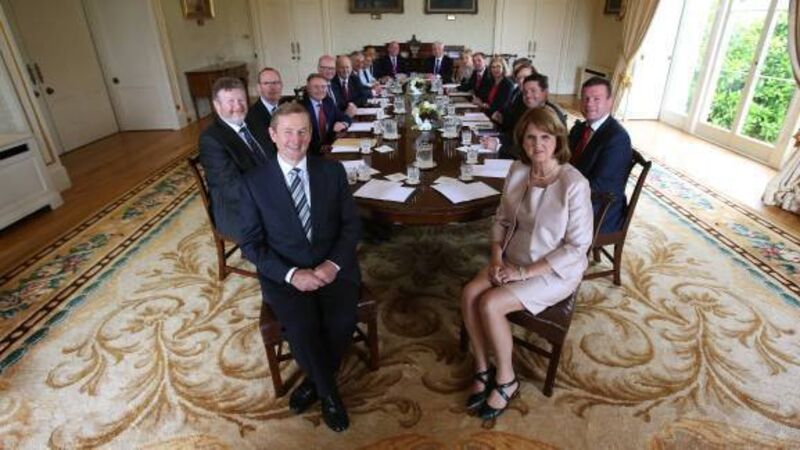Popularity can’t be government’s top priority

A key priority for those in power will be to seek to turn the seven-year high in consumer confidence readings into a sense of feelgood amongst the electorate.
There are currently many dilemmas in the economy that are difficult to understand. Consumer confidence is at a seven-year high, yet the retail sector in general is still finding the going very tough. However, one part of the retail sector, the motor trade, is in the midst of the most upbeat sales scenario since 2008. The purchase of a new car is a big item of expenditure, so the strong growth in sales does come as a bit of a surprise in what is still a very challenging environment for the consumer.











